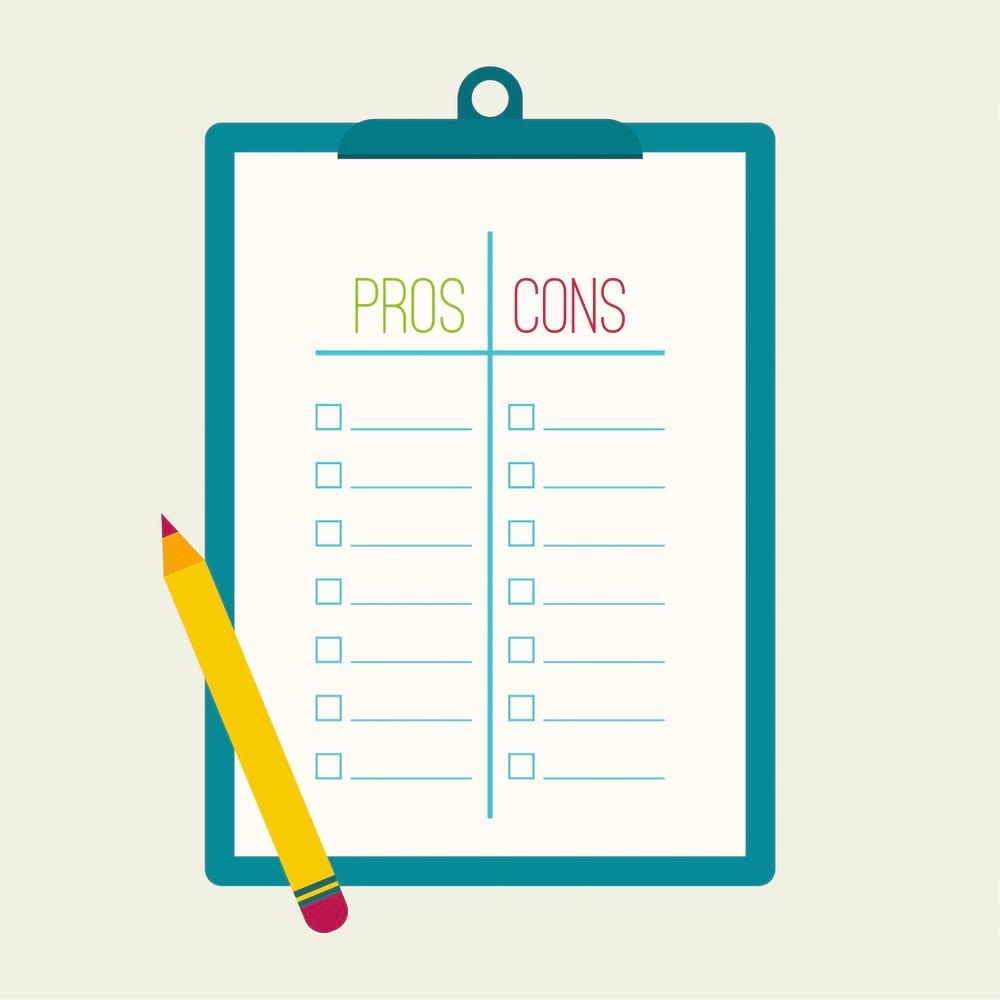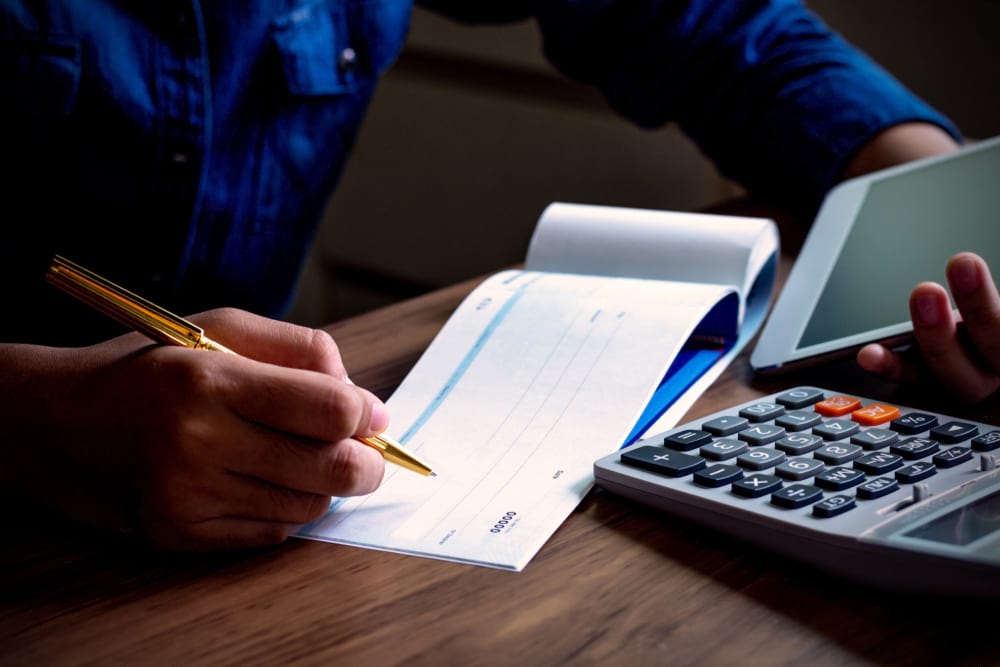
Pros and Cons of Using Cheques for Business Banking?
Any business, no matter what the size, generally relies on a steady cash flow to keep things ticking over. That’s why having a reliable and efficient method of payment is essential. While many businesses are embracing electronic payments and online transactions, there is still a sizeable amount of companies who prefer to use cheques for much of their business banking.
Although they are not as prevalent as they once were, cheques are still used extensively by many businesses and that suggests there are still some benefits to their continued use. However, there are some downsides to using cheques for business banking that need to be considered as well.
Pros of using cheques for business banking
Simple to Process
Many businesses, particularly small firms or new start-ups, may not have the facilities in place to process electronic or online payments. Receiving a cheque as payment is easier for them as they can leave the processing end of things to the bank.
Funds Leave a Bank Account Slower
Electronic payments typically process immediately, moving funds out of a company’s bank account the moment you pay. For smaller firms, with cash flow issues, paying by cheque means the funds will leave their bank account slower and they have some leeway.
Cheques may Widen a Companies Customer Base
Even if you have the facility to process electronic payments, by indicating a willingness to accept cheques, you are increasing the amount of potential customers. If you shut off of one particular avenue for payment, you may be turning business away as many people are still more comfortable paying by cheque.
Cons of Using Cheques for Business Banking
Cheques can be Stopped or Returned
This is particularly pertinent when selling goods. If a person pays with a cheque and takes the goods, and that cheque later bounces, you will be out of pocket. In addition, you will also be liable to banking charges due to the returned cheque.
Cheques Take Time to Clear into the Bank Account
Clearing a cheque can take up to five days. This means you will experience a delay before the funds are available in your bank account. This is hardly ideal if you are in need of the funds to keep your business going.
Cheques are Open to Fraud
Even with the security pitfalls of online banking, cheque fraud still makes up a sizeable chunk of all financial fraud. Writing and signing a cheque is so easy for someone to do and can be quite difficult to trace. Whether it is someone writing fraudulent cheques from your firm or you are receiving fake cheques for payments, funds are extremely difficult to recover once they have been obtained in this way.
Should I Still use Cheques for Business Banking?
The answer to this is not straightforward. It all depends on the size of your operation, what payment facilities you have available to you and what method of payment your customers most prefer. You may feel that cheques are outdated, but if they make business sense, then it may be worth holding on to that cheque book for a while longer.

Are Cheques Still a Popular Form of Payment?
Every generation seems to have their own environmental wake up moment when they are suddenly made aware of the damage their behavior was doing to the planet.
First, we had Sting in the rain forest, then the hole in the ozone and, more recently, global warming and climate change has taken center stage.
Throughout all this, the push to recycle has been strong and, in many ways, our rapid journey towards a paper-free society has gathered pace.
However, despite that many businesses are operating in a largely cash-free environment and the fact that electronic payments have exploded in the last decade, there appears to still be a place for the humble cheque.
How has Cheque use Declined in the Recent Years?
The history of cheques stretches back further than you might imagine, with the first one likely written in 17th century England.
They, of course, came into their own in the 20th century though with almost every bank account offering a checkbook and balancing that book became just another household chore.
It would be naive to think that the use of cheques as a form of payment is still universally popular and it is a payment method which is on the decline.
A 2017 report commissioned by BNP Paribas found that cheque use fell by 13.5% in 2015, which followed a decade-long decline in the use of the paper payment from which has more than halved since the early years of the new century.
Why are fewer people using cheques?
It’s not hard to see why the use of cheques as a form of payment has fallen so rapidly. For a start, a payment by cheque can take longer to get into your account, and, as a result of this, more and more businesses are reluctant to accept cheques as payment.
The time taken for funds to be transferred is one major factor in the decline of cheque use but by no means the only one.
Processing cheques can take longer and incur costs and fees for all parties, with extra charges for cheques which bounce, also a factor that needs to be taken into account.
Why are Some Businesses Still Using Cheques for Payment?
There appears to be a sizeable number of businesses still using cheques as a form of payment, for a number of different reasons.
The majority of businesses still using cheques are usually small and medium firms with one of the primary reasons cited that it delays the time the funds will leave their own account, allowing them to better plan their finances.
Many SMEs also claim that they continue to use cheques for payment as it is the method they are most familiar with and that many payees continue to request as a form of payment.
While cash and electronic payments are the dominant form of payment for smaller amounts, there still a large number of individuals and business prepared to ‘cut a cheque’ to pay larger bills.


